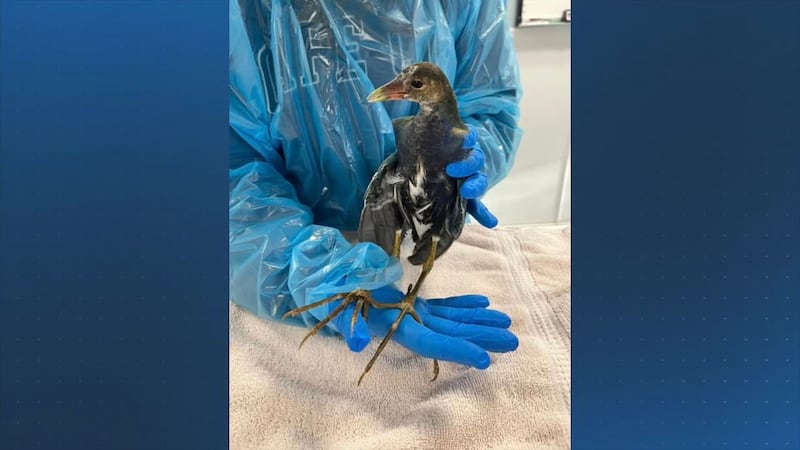BOSTON — Internet Gaming Disorder, or video game addiction, is now an official disease classification, according to the World Health Organization.
A new company launched out of an incubator at Boston University wants to help gamers and their loved ones find some balance.
It's called Healthy Gamer and was started by Dr. Alok Kanojia, a psychiatrist, and his wife Kruti, an MBA student.
Part of the inspiration for the company is Dr. Kanojia’s personal experience with video games.
"I started playing video games when I was 6 or 7, and they started to affect my grades in high school, and I was on academic probation for the first two years of college," he said. "Gaming sort of became my escape, and the more I escaped towards gaming, the worse things got it real life, which in turn made me need to escape even more."
Regardless of those the odds, Dr. Kanojia made it thru medical school despite what he felt were a lack of resources for what is a relatively new phenomenon.
"Video game addiction is a huge problem," said Dr. Kanojia. "Addiction to the point where it significantly impairs their life in terms of being able to find a job, engage in meaningful relationships, graduate from college."
Kruti has been working out of the BU Incubator to develop his program.
"Healthy Gamer is a mental health platform for gamers and people who love them," she said. "What we do is we create step by step recovery programs for parents to support their gamers."
There are tip sheets for parents, so they know how to discuss games in a way their children will respect.
Dr. Kanojia taped a series of lectures about the particulars of video game addiction. Gamers can also access online support groups.
"We just trained our first batch of recovery coaches, and they are people who can help you understand and hold you accountable," explained Kruti.
Healthy Gamer just won a $10,000 grant from the BU Lab which will help the company expand faster.
Right now, Healthy Gamer is offering a free trial for gamers.
Parents can choose from free material or more extensive paid content.
Kruti says the results of their first trial are encouraging.
"The real world outcomes that we saw were incredible," she said. "They were re-engaging academically. They were leading happy, fulfilling lives."
Dr. Kanojia told Boston 25 that research indicates three to eight percent of people are addicted to video games. He went onto say that he believes the number is closer to 10 percent for people under 18.
Cox Media Group





